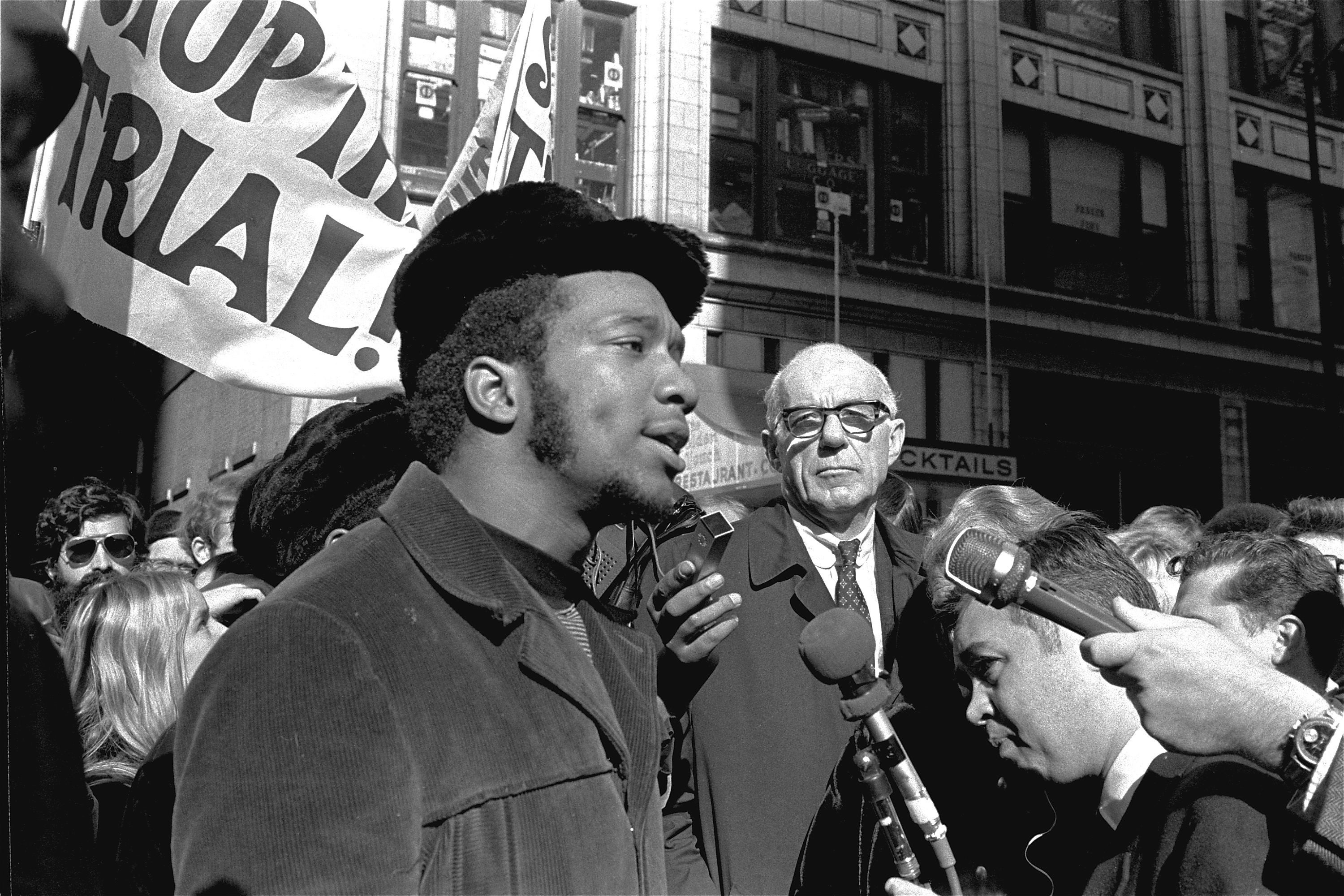Fred Hampton childhood home gets historical landmark status
The suburban Chicago home where slain Black Panther Party leader Fred Hampton grew up has been designated a historical landmark by the village of Maywood

Your support helps us to tell the story
From reproductive rights to climate change to Big Tech, The Independent is on the ground when the story is developing. Whether it's investigating the financials of Elon Musk's pro-Trump PAC or producing our latest documentary, 'The A Word', which shines a light on the American women fighting for reproductive rights, we know how important it is to parse out the facts from the messaging.
At such a critical moment in US history, we need reporters on the ground. Your donation allows us to keep sending journalists to speak to both sides of the story.
The Independent is trusted by Americans across the entire political spectrum. And unlike many other quality news outlets, we choose not to lock Americans out of our reporting and analysis with paywalls. We believe quality journalism should be available to everyone, paid for by those who can afford it.
Your support makes all the difference.The Illinois childhood home of Fred Hampton, an iconic Black Panther Party leader who was shot and killed during a 1969 police raid of his Chicago apartment, has been designated a historical landmark.
In a news release, organizers of the Save The Hampton House initiative, led by Hampton's son and his mother, announced that the Maywood Village Board voted to recognize the house as a historical landmark.
The Tuesday night vote in the Chicago suburb follows a yearlong campaign that was tied to the Academy Award-winning film about Hampton and his death called “Judas and the Black Messiah.”
The designation is part of a broader effort to see the Black Panther Party and the U.S. Black liberation struggle represented alongside landmarks to the nonviolent civil rights movement. With the designation, organizers plan to transform the site into a place where the works of the Black Panther Party can be displayed.
”The fight to save and maintain the Hampton House is bigger than a building and more significant than a structure,” said Chairman Fred Hampton Jr. in a statement included in the news release. “Amongst other purposes, it serves as a major aspect of preserving the extraordinary legacy of Chairman Fred Hampton, the Black Panther Party, and that of service to the people in general."
Hampton was sleeping in the house on the West Side of Chicago in the early morning hours of Dec. 4, 1969, when he and fellow Black Panther leader Mark Clark were shot and killed during what authorities said at the time was the execution of a search warrant to find weapons and explosives.
A federal grand jury determined that nearly 100 shots were fired through the walls, doors and windows while just one shot appeared to have been fired by someone inside the residence.
The county's top prosecutor, an assistant and several officers at the scene were indicted on charges of obstruction of justice and later acquitted.
But after evidence surfaced that the FBI coaxed Chicago Police and other law enforcement agencies in the United States into armed clashes with the Black Panthers, a federal judge approved a $1.85 million settlement to Hampton and Clark's families and survivors of the raid, to be paid by the city of Chicago, Cook County and the federal government.